Japan/Japanese Scammers – LINE App Investment Scams
Authors:
• Rika Takebe, NPO Charms – Japanese Victim’s Assistance & Support Provider, SCARS Partner, Certified NLP coach, Business Coach & Consultant / MBA (Bond BBT) / Organizational Science Researcher
• SCARS Editorial Team
The Sad Story of Scams in Japan & Japanese Scammers – LINE Investment Scams
SCARS Introduction to LINE App Scams
LINE, the ubiquitous messaging app in Japan, is more than just a platform for cat videos and sushi-gram updates. While it connects lives, it also harbors a dark underbelly: a fertile ground for scams targeting unsuspecting users. Understanding these deceptive tactics is crucial, for not only does it protect individuals but also sheds light on a complex digital ecosystem often shrouded in cultural nuances.
Common LINE App Scams
- Romance Frauds: These scams prey on loneliness and the desire for connection. Fake profiles, often portraying attractive men or women, lure victims into romantic relationships. Trust built over months leads to emotional manipulation and elaborate financial requests – sometimes disguised as “gifts” or “investments.”
- Fake Investment Schemes: Luring dreams of easy wealth, these scams promise exorbitant returns on dubious investments. Sophisticated websites and testimonials fabricated through social engineering mask the true intent: siphoning off unsuspecting victims’ savings.
- Phishing and Data Theft: Malicious links disguised as legitimate offers or urgent messages from authorities aim to steal sensitive information like login credentials or credit card details. This stolen data can be used for further fraud or sold on the dark web.
- Overcharge Scams: Exploiting Japan’s unique payment system – “kakin,” relying on phone bills for online transactions – these scams trick users into making unauthorized or overly expensive purchases. Hidden fees and unclear terms and conditions are used to exploit this system.
Cultural Factors at Play with LINE App Scams
Understanding the cultural context is key to demystifying these scams. The Japanese emphasis on politeness and avoiding conflict can make users hesitant to question suspicious messages or transactions. Additionally, societal pressure to conform and “fit in” can make victims reluctant to report scams for fear of judgment or shame.
Protecting Yourself from LINE App Scams
- Skepticism is key: Be wary of unsolicited messages, especially those promising exorbitant returns or instant gratification. Do your research, verify information independently, and don’t trust emotional appeals.
- Maintain digital hygiene: Use strong passwords, avoid clicking suspicious links, and keep your devices and apps updated with the latest security patches.
- Don’t rush into transactions: Take your time, scrutinize terms and conditions, and seek advice from trusted individuals or authorities before committing to any financial agreements.
- Speak up and report: Don’t let shame silence you. Report suspicious activity to LINE and relevant authorities like the National Consumer Affairs Center of Japan (NACCJ). Sharing your experience can help protect others.
Beyond LINE App Scams
The prevalence of LINE app scams speaks to a larger need for digital literacy and consumer protection in Japan. While individual vigilance remains crucial, addressing the systemic vulnerabilities and raising awareness through campaigns and educational initiatives can create a safer online environment for everyone.
Remember, navigating the digital world requires caution and informed action. By staying vigilant, understanding the cultural factors at play, and reporting suspicious activity, we can ensure that LINE remains a platform for connection and not deception.
LINE App Scams by Rika Takebe, NPO Charms
LINE in the Messaging App Market
LINE, while having a comparatively modest global presence, is a dominant messaging application in specific Asian markets, notably Japan, Indonesia, Taiwan, and Thailand. In 2021, it boasted 178 million active monthly users across these key markets, with Japan accounting for 92 million of these users, representing a staggering 88% of the adult population. Its widespread adoption in Japan has rendered it an essential tool for legitimate businesses, offering services ranging from news dissemination to e-wallet functions and online shopping facilitation.
The Rise of the LINE App in Facilitating Japanse Investment Scams
Despite its legitimate uses, LINE has also become a conduit for criminal activities, particularly in targeting Japanese-speaking citizens. Criminal organizations find it advantageous to use LINE over less familiar platforms like WhatsApp or Telegram for Japanese targets. Recent trends indicate an increase in relationship scams where scammers, often posing as foreigners, primarily communicate with victims via LINE, regardless of the initial contact platform.
Anatomy of the LINE Investment Workshop Scam
One of the prevalent fraudulent activities on LINE is the “LINE Investment Workshop Scam.” This scam typically begins in one of three ways: unsolicited addition to a LINE investment workshop group, social media advertisements or posts, or personal invitations via social media or dating apps. The scam follows a consistent pattern once the victim is in the group.
- Introduction Phase: A female character, often using the image of a pretty young Asian woman, poses as an assistant, introducing a supposed Investment Expert with impressive credentials. The group, initially comprising over 80 people, quickly decreases as those aware of the scam leave.
- False Testimonials and Authority Building: The Investment Expert is praised by attendees (scam accomplices) claiming previous successful interactions or financial gains. These fake endorsements bolster the lecturer’s credibility.
- Engagement and Trust Building: The Investment Expert, often impersonating a notable figure such as a company executive or famous economist, gives professional-sounding discussions about the economy and investments. The assistant encourages adding the lecturer as a friend, transitioning to a more personalized scam setting.
- Investment Promotion and Pressure: When the target is added to the Investment Expert’s new chat room, the Investment Expert and fake clients praise the investment opportunities, creating a bandwagon effect to lure the target into investing.
- Investment and Loss: The victim is encouraged to install an investment app or visit a website, leading to substantial financial investments such as cryptocurrency, gold, or FX investment. Once a significant amount is invested, victims find themselves unable to withdraw their funds.
LINE App’s System Vulnerabilities
This scam exploits the LINE App’s feature allowing users to add friends and include them in groups without prior approval. The selection of targets isn’t necessarily sophisticated; it often involves random phone numbers.
Prevention and Cautionary Measures
For users, especially those in Japan, it is crucial to remain vigilant. Joining an unknown investment group on the LINE App is a significant red flag. Users should immediately exit such groups and exercise caution in their online interactions. Awareness and skepticism are key defenses against such scams.
Conclusion
NPO CHARMS stresses the importance of digital literacy and caution in online financial dealings for Japanese internet users. LINE, while a tool for seamless communication and business in Japan, also serves as a fertile ground for sophisticated investment scams. Educating the public about these risks and advocating for more robust security measures in such apps is essential in mitigating these threats.
Article References
- NPO Charms – Supporting Japanese Scam Victims
- Line Revenue and Usage Statistics (2023) Jul 18 2023 https://www.businessofapps.com/data/line-statistics/
- Most Popular Messaging Apps Worldwide 2023 Dec 11 2023 https://www.similarweb.com/blog/research/market-research/worldwide-messaging-apps/
- Unsolicited Addition of LINE Investment group – why increasing rapidly? (28th June
2023) NHK News (Japanese language) https://www3.nhk.or.jp/news/html/20230628/k10014111341000.html
Appendix
Screenshots of a LINE App investment group and translation of the assistant’s text/comments.
How this Group of Japanese Scammers Operate
IMAGE 1: Assistant Rei Sato
Good evening everyone. I’m Rei Sato, Yoshida Sensei’s assistant. By adding friends to Yoshida Sensei’s LINE, you can ask him questions about investing. Later, Professor Yoshida will invite you to join the investment group. First of all, please note that this group will be disbanded once everyone has joined the investment group.
IMAGE 2: Assistant Satsuki
Instructor for this group (analyst): Janis, CFA certified securities analyst in the United States Administrative person in charge of this group (assistant): Assistant Satsuki, an international student specializing in finance.
IMAGE 3: About this Group
Distribution contents and services of this group:
- Morning market information will be distributed around 9:00 am on Japanese stock market trading days.
- Every Monday afternoon (Japan time), we will share regular stock knowledge.
- Irregularly recommend blue-chip stocks and bullish stocks
To do.
- Depending on market conditions, major events may occur.
Decode news/information (e.g. major announcements from FOMC/CPI, etc.).
- Depending on the situation of this group member. So, I might explore other types of investments (FX, etc.).
- Every day (trading day), we will summarize the distribution contents and consultations for the day.
- Every Friday afternoon (Japan time), we will summarize this week’s distribution contents and consultations (summary of this week’s market conditions, this week’s stock diagnosis, tracking recommended stocks, etc.).
- If necessary, we will provide you with position analysis services free of charge.
IMAGE 4: The Goals of this Group:
- We will decipher financial knowledge that even beginners can understand in an easy-to-understand, interesting, and unbiased manner.
- We will stimulate interest in investing among beginners and amateurs, and support investment management for those with experience in stock trading.
- We create win-win relationships with people who recognize our abilities.
- We will convey technical knowledge to customers in win-win relationships and improve their investment capabilities.
- Cultivate the Japanese market and find new customers.
IMAGE 5: Prohibitions of this Group
- Group members other than the person in charge are prohibited from speaking during the daily morning distribution time.
- Knowledge Share PDF files are our original content and are prohibited for commercial use only when shared for free within this group.
- When a group member invites an acquaintance to the group or leaves the group, only analysts and assistants can do this. It is prohibited for other members to invite or withdraw from membership without permission.
More:
- Japanese Lawyer Arrested For Money Recovery Fraud – 2023 (scamsnow.com)
- In Japan – Secondary Victimization by Law Firms (scamsnow.com)
- Scam Victim Commits Crimes For Their Scammers (scamsnow.com)
- Japanese Lawyers Defrauding Scam Victims – A Growing Problem – 2023 (romancescamsnow.com)
- SCARS™ SCAM NEWS: Japanese Woman Age 66 Victimized In ‘International Romance Fraud’ Of ¥100 million (US$896,260) (romancescamsnow.com)
- Battleground Japan – NHK Docudrama Reveals Telephone Scam Tactics – SCARS™ SCAM NEWS (romancescamsnow.com)
- Japan Is The New Battleground For The War On Romance Scams – SCARS™ SCAM NEWS (romancescamsnow.com)
- Japan – The Romance Scammer’s Heaven – A SCARS™ Guest Editorial By Catherine Saori Usui (romancescamsnow.com)
- The Value of Slowness (scamsnow.com)
SCARS Resources:
- For New Victims of Relationship Scams newvictim.AgainstScams.org
- Subscribe to SCARS Newsletter newsletter.againstscams.org
- Sign up for SCARS professional support & recovery groups, visit support.AgainstScams.org
- Find competent trauma counselors or therapists, visit counseling.AgainstScams.org
- Become a SCARS Member and get free counseling benefits, visit membership.AgainstScams.org
- Report each and every crime, learn how to at reporting.AgainstScams.org
- Learn more about Scams & Scammers at RomanceScamsNOW.com and ScamsNOW.com
- Global Cyber Alliance ACT Cybersecurity Tool Website: Actionable Cybersecurity Tools (ACT) (globalcyberalliance.org)
- Self-Help Books for Scam Victims are at shop.AgainstScams.org
- Donate to SCARS and help us help others at donate.AgainstScams.org
- Worldwide Crisis Hotlines: International Suicide Hotlines – OpenCounseling : OpenCounseling
- Campaign To End Scam Victim Blaming – 2024 (scamsnow.com)
-/ 30 /-
What do you think about this?
Please share your thoughts in a comment below!
More ScamsNOW.com Articles
-/ 30 /-
What do you think about this?
Please share your thoughts in a comment above!
SCARS LINKS: AgainstScams.org RomanceScamsNOW.com ContraEstafas.org ScammerPhotos.com Anyscam.com ScamsNOW.com
reporting.AgainstScams.org support.AgainstScams.org membership.AgainstScams.org donate.AgainstScams.org shop.AgainstScams.org
youtube.AgainstScams.org linkedin.AgainstScams.org facebook.AgainstScams.org
ARTICLE RATING
TABLE OF CONTENTS
CATEGORIES
MOST POPULAR COMMENTED ARTICLES
POPULAR ARTICLES
U.S. & Canada Suicide Lifeline 988
![NavyLogo@4x-81[1]](https://scamsnow.com/wp-content/uploads/2025/04/NavyLogo@4x-811.png)
ARTICLE META
WHAT PEOPLE ARE TALKING ABOUT LATEST SITE COMMENTS
See Comments for this Article at the Bottom of the Page
on The Uniqueness Of Scam Victims Or Fraud Victims – 2024: “unfortunately all true. It is highly stressful dealing with the aftermath. I am being sued for the money I borrowed…” Jul 6, 12:50
on Scam Victims & Mental Health Blaming – 2023 [UPDATED 2025]: “For most of my life words have defeated me, made me feel insignificant, unwanted, unneeded. For this reason it is…” Jul 5, 13:36
on Substance Abuse Susceptibility And Scam Victims – 2024: “It is understandable how some would feel that alcohol or substance abuse would be helpful in handling their feelings after…” Jul 1, 20:36
on Scam Victims Use Work To Avoid Healing: “The last 6 years have been the most difficult of my life. The pandemic, having both parents in the hospital…” Jun 29, 18:38
on Entitlement Mentality And How Scam Victims Often Lose Their Path To Recovery – 2024: “Thank you for this discussion of entitlement. I can see from the descriptions listed that I have not felt entitlement.…” Jun 29, 18:22
on Samurai Wisdom and Rituals for Clearing the Mind After Scam Trauma – 2025 – [VIDEOS]: “A great guide on how to move forward in our recovery process with a calm mind, cleansed on an ongoing…” Jun 28, 07:34
on Delayed Gratification and Patience in Scam Victim Recovery – 2025 – [VIDEOS]: “We want to recover quickly and… we make new mistakes. How not to speed up the recovery process, how to…” Jun 28, 06:41
on The Unique Injury Of Betrayal Trauma On Scam Victims – 2024: “Primarily because you did not see it coming” Jun 27, 23:57
on Changes In A Scam Victim’s Life: “I really detest the way my trust in others has been affected by the scamming I went through. I used…” Jun 27, 14:47
on The Unique Injury Of Betrayal Trauma On Scam Victims – 2024: “Betrayal Trauma is the worst feeling ever. Why does it seem so much worse when a scammer does that to…” Jun 27, 14:34
on EMDR Therapy For Scam Victims’ Trauma – A Part Of The Recovery Process For Many – 2024: “Very comprehensive article explaining all aspects of EMDR. I’d only heard of it before and now I have a much…” Jun 26, 19:01
on Forgiving Yourself After Surviving a Romance or Investment Scam – 2025: “Thank you for this valuable article. Self-forgiveness was for me the biggest step that led to my recovery. That also…” Jun 26, 17:28
on Counseling And Your Native Language: “These points make perfect sense. I can’t imagine trying to express complex emotions in a second language. I realize many…” Jun 26, 16:05
on Thought-Terminating Cliches – How What You and Others Say Stops Critical Thinking and Recovery for Scam Victims – 2025: “I didn’t realize that these “innocent phrases” clichés ending thoughts, can have such effect / negative -inhibiting / on our…” Jun 26, 14:48
on Scam Victim Resistance In Support Groups Therapy Or Counseling Can Destroy Opportunities For Recovery – 2024: “Working with either a support group or therapist to me means a self commitment to actively participating in the therapy.…” Jun 24, 21:01
on ‘I Just Want To Forget It’ – Denial & Avoidance Are Natural But Will Not Help Scam Victims On Their Path To Recovery From Scams – 2024: “My financial loss, the shock and betrayal of the crime ending all combined to fray my nerves and spend hours…” Jun 24, 20:10
on You Hate Being Told What To Do? How Your Rebellious Mentality Can Sabotage Your Recovery – 2025: “I am a bit of a rebel, and the moment someone tells me to do something, worse, does it even…” Jun 24, 15:04
on You Hate Being Told What To Do? How Your Rebellious Mentality Can Sabotage Your Recovery – 2025: “You are very welcome” Jun 24, 03:01
on You Hate Being Told What To Do? How Your Rebellious Mentality Can Sabotage Your Recovery – 2025: “This is a great article, which makes perfect sense as to why anyone would resist the help offered to them.…” Jun 23, 20:01
Important Information for New Scam Victims
Please visit www.ScamVictimsSupport.org – a SCARS Website for New Scam Victims & Sextortion Victims
SCARS Institute now offers a free recovery program at www.SCARSeducation.org
Please visit www.ScamPsychology.org – to more fully understand the psychological concepts involved in scams and scam victim recovery
If you are looking for local trauma counselors, please visit counseling.AgainstScams.org
If you need to speak with someone now, you can dial 988 or find phone numbers for crisis hotlines all around the world here: www.opencounseling.com/suicide-hotlines
Statement About Victim Blaming
Some of our articles discuss various aspects of victims. This is both about better understanding victims (the science of victimology) and their behaviors and psychology. This helps us to educate victims/survivors about why these crimes happened and not to blame themselves, better develop recovery programs, and help victims avoid scams in the future. At times, this may sound like blaming the victim, but it does not blame scam victims; we are simply explaining the hows and whys of the experience victims have.
These articles, about the Psychology of Scams or Victim Psychology – meaning that all humans have psychological or cognitive characteristics in common that can either be exploited or work against us – help us all to understand the unique challenges victims face before, during, and after scams, fraud, or cybercrimes. These sometimes talk about some of the vulnerabilities the scammers exploit. Victims rarely have control of them or are even aware of them, until something like a scam happens, and then they can learn how their mind works and how to overcome these mechanisms.
Articles like these help victims and others understand these processes and how to help prevent them from being exploited again or to help them recover more easily by understanding their post-scam behaviors. Learn more about the Psychology of Scams at www.ScamPsychology.org
SCARS INSTITUTE RESOURCES:
If You Have Been Victimized By A Scam Or Cybercrime
♦ If you are a victim of scams, go to www.ScamVictimsSupport.org for real knowledge and help
♦ Enroll in SCARS Scam Survivor’s School now at www.SCARSeducation.org
♦ To report criminals, visit https://reporting.AgainstScams.org – we will NEVER give your data to money recovery companies like some do!
♦ Follow us and find our podcasts, webinars, and helpful videos on YouTube: https://www.youtube.com/@RomancescamsNowcom
♦ Learn about the Psychology of Scams at www.ScamPsychology.org
♦ Dig deeper into the reality of scams, fraud, and cybercrime at www.ScamsNOW.com and www.RomanceScamsNOW.com
♦ Scam Survivor’s Stories: www.ScamSurvivorStories.org
♦ For Scam Victim Advocates visit www.ScamVictimsAdvocates.org
♦ See more scammer photos on www.ScammerPhotos.com
You can also find the SCARS Institute on Facebook, Instagram, X, LinkedIn, and TruthSocial
Psychology Disclaimer:
All articles about psychology and the human brain on this website are for information & education only
The information provided in this and other SCARS articles are intended for educational and self-help purposes only and should not be construed as a substitute for professional therapy or counseling.
Note about Mindfulness: Mindfulness practices have the potential to create psychological distress for some individuals. Please consult a mental health professional or experienced meditation instructor for guidance should you encounter difficulties.
While any self-help techniques outlined herein may be beneficial for scam victims seeking to recover from their experience and move towards recovery, it is important to consult with a qualified mental health professional before initiating any course of action. Each individual’s experience and needs are unique, and what works for one person may not be suitable for another.
Additionally, any approach may not be appropriate for individuals with certain pre-existing mental health conditions or trauma histories. It is advisable to seek guidance from a licensed therapist or counselor who can provide personalized support, guidance, and treatment tailored to your specific needs.
If you are experiencing significant distress or emotional difficulties related to a scam or other traumatic event, please consult your doctor or mental health provider for appropriate care and support.
Also read our SCARS Institute Statement about Professional Care for Scam Victims – click here
If you are in crisis, feeling desperate, or in despair, please call 988 or your local crisis hotline.
More ScamsNOW.com Articles
A Question of Trust
At the SCARS Institute, we invite you to do your own research on the topics we speak about and publish. Our team investigates the subject being discussed, especially when it comes to understanding the scam victims-survivors’ experience. You can do Google searches, but in many cases, you will have to wade through scientific papers and studies. However, remember that biases and perspectives matter and influence the outcome. Regardless, we encourage you to explore these topics as thoroughly as you can for your own awareness.




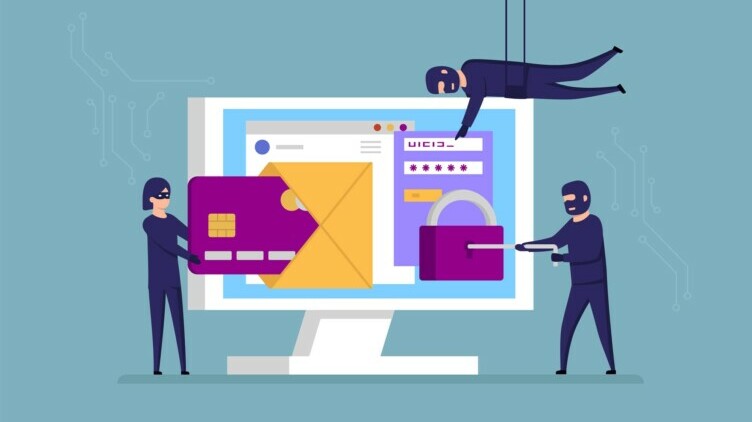

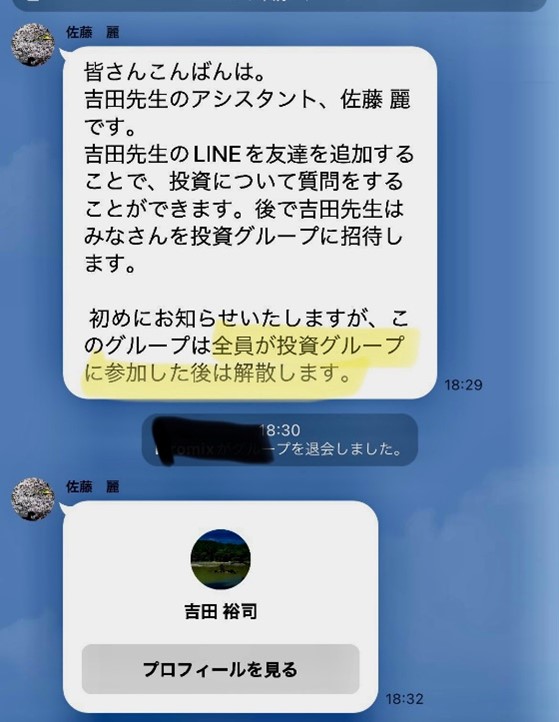
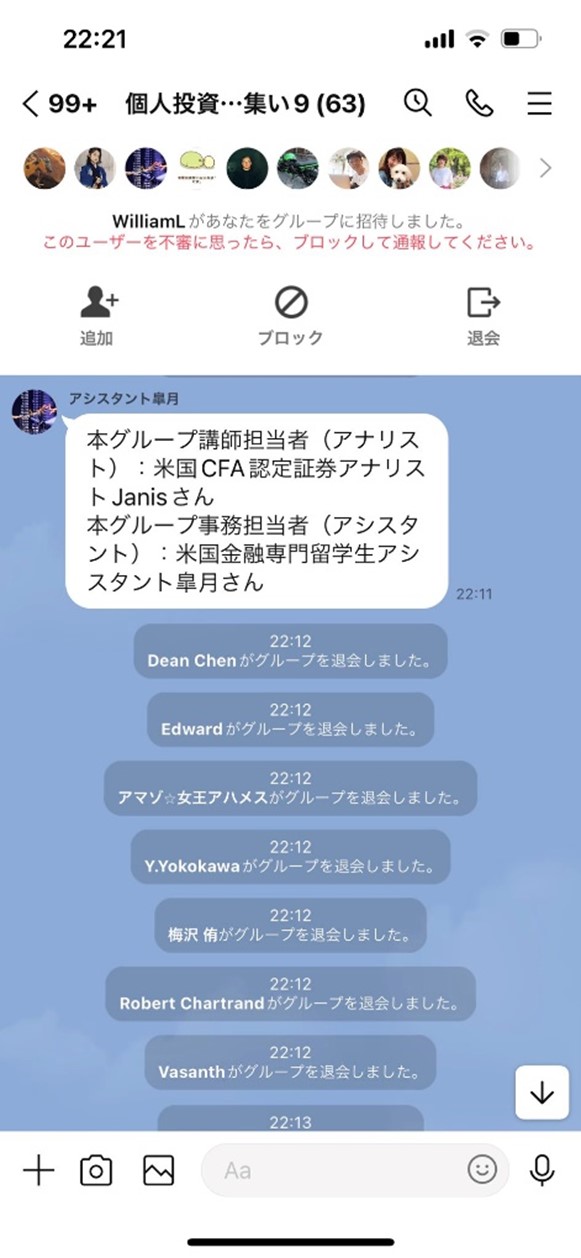
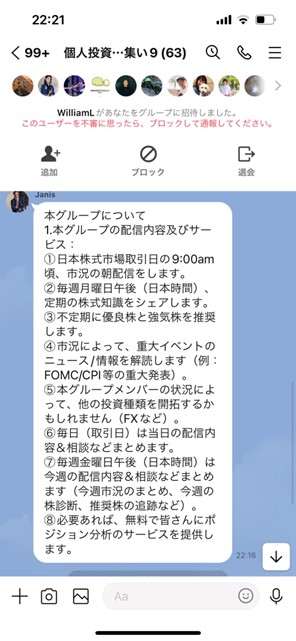
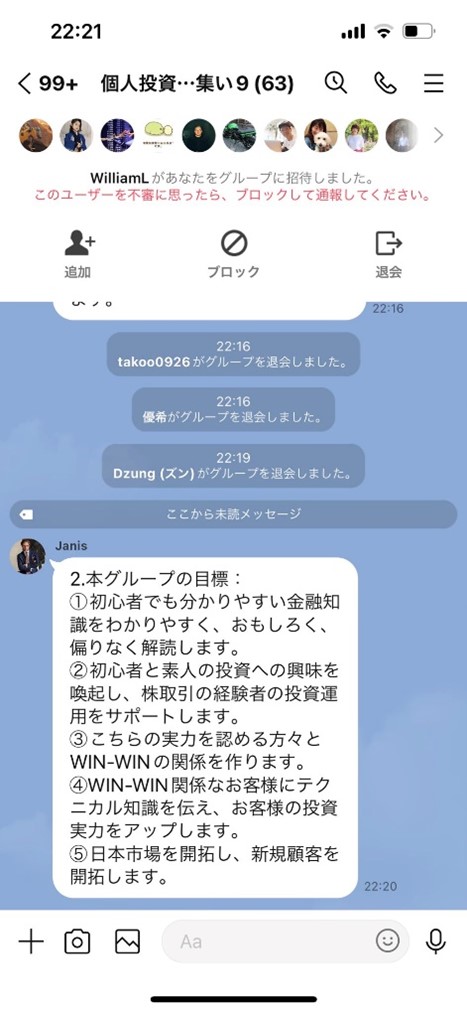
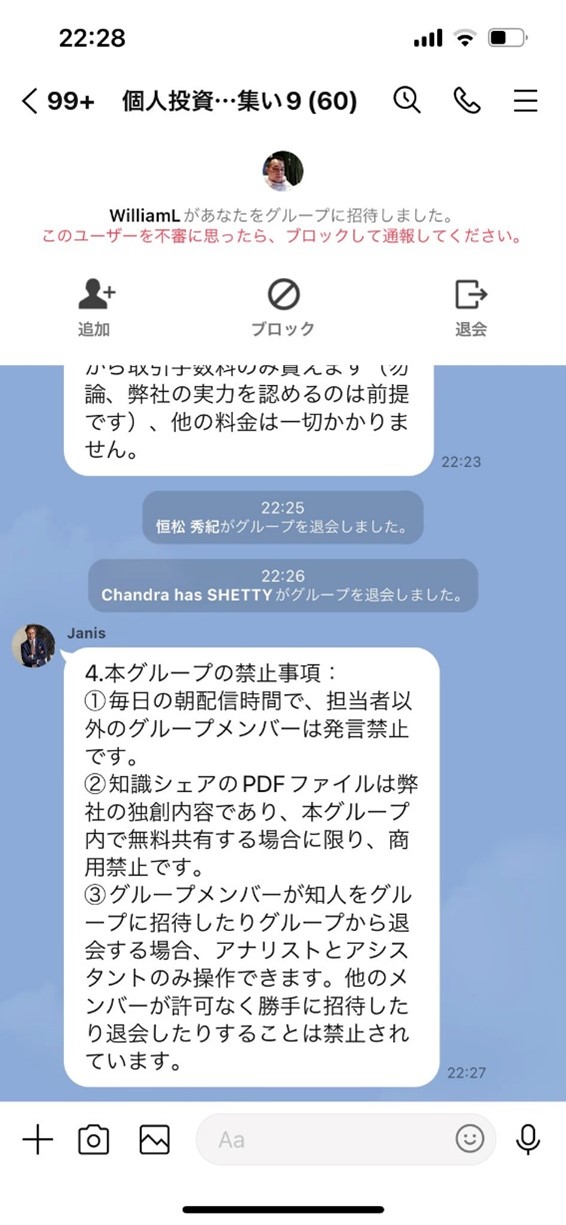









![scars-institute[1]](https://scamsnow.com/wp-content/uploads/2025/04/scars-institute1.png)
![niprc1.png1_-150×1501-1[1]](https://scamsnow.com/wp-content/uploads/2025/04/niprc1.png1_-150x1501-11.webp)
